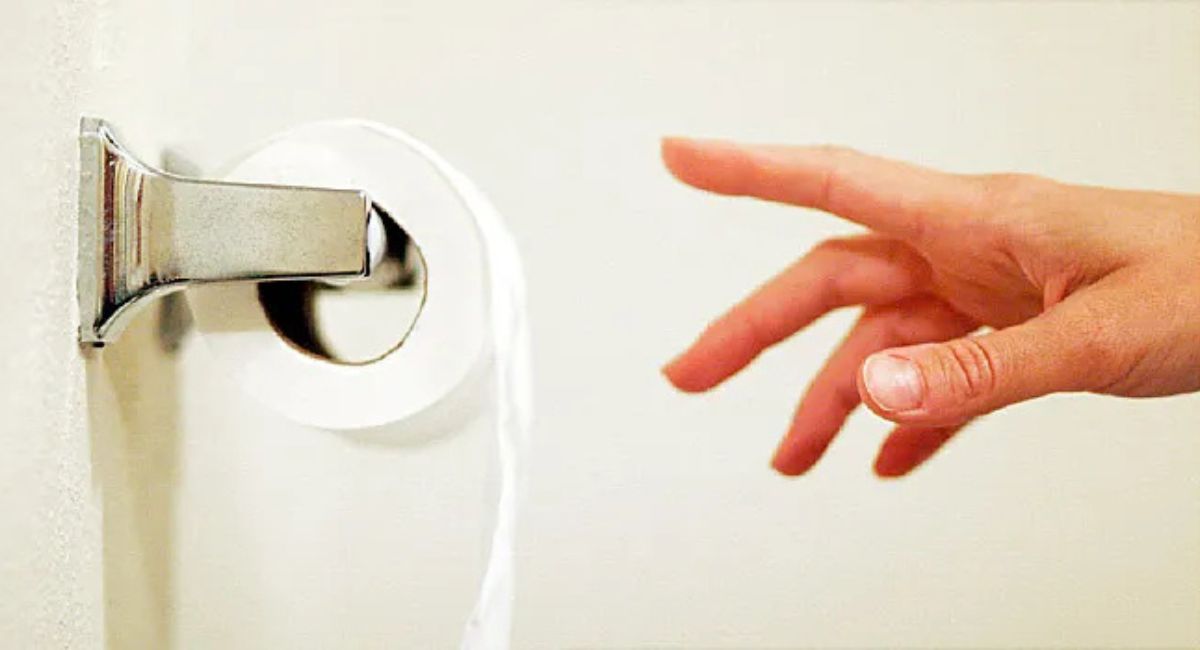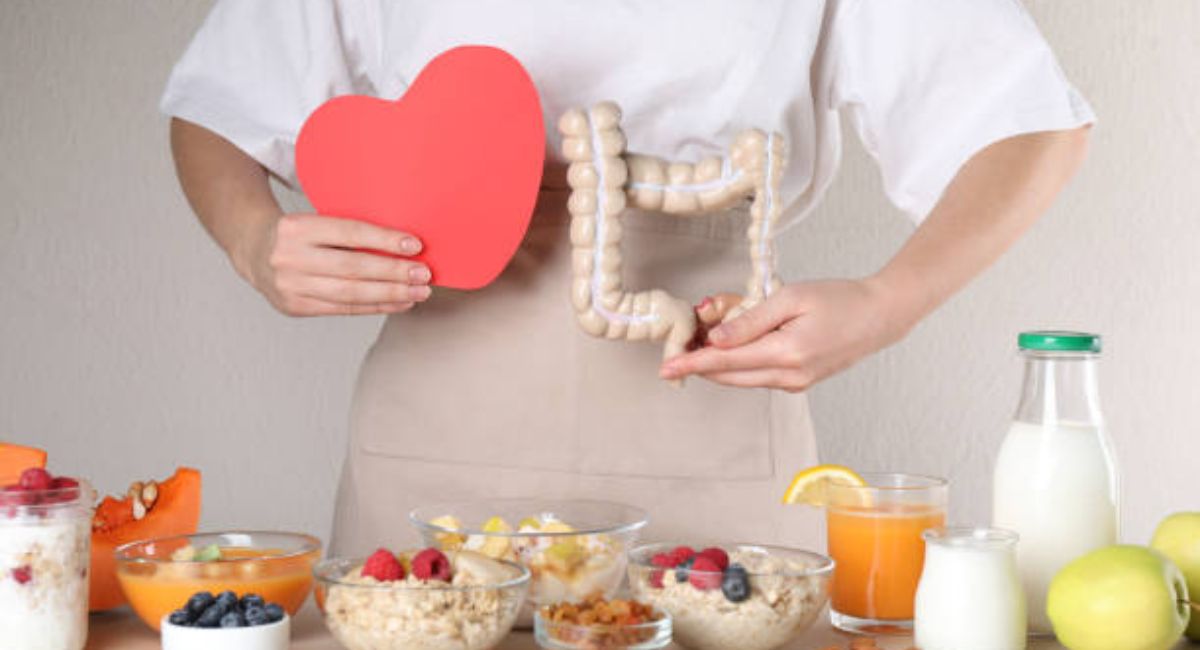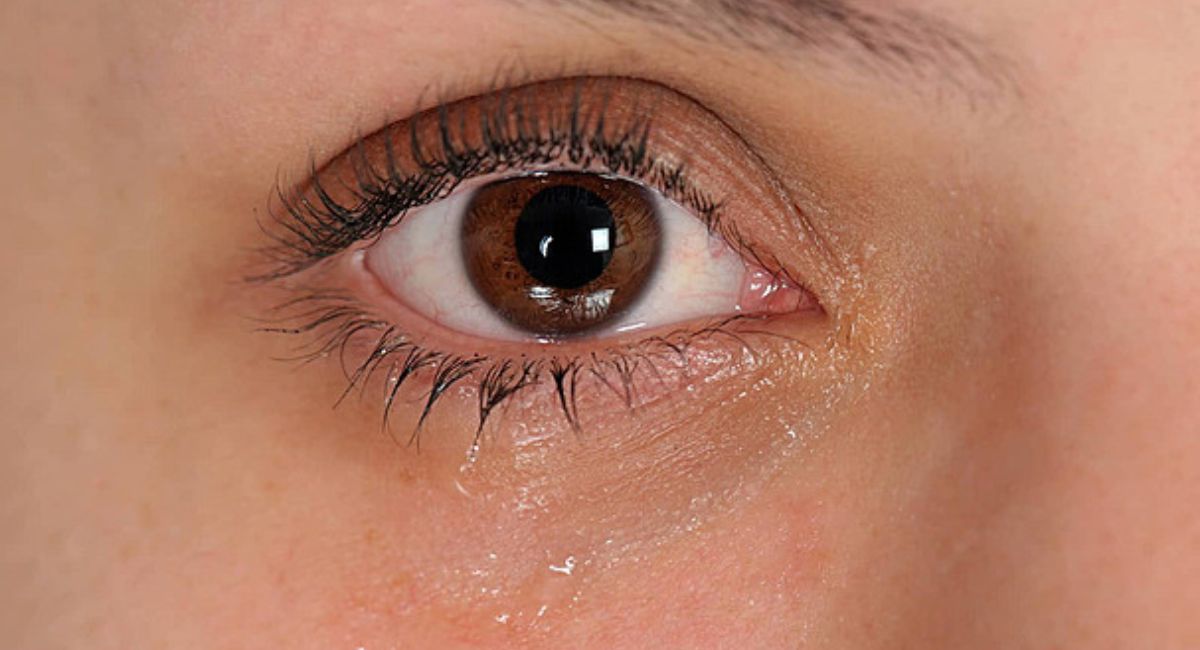Ever sit on the toilet and wonder, “Why do my eyes water when I poop?” You’re not alone. It’s a weird and slightly embarrassing moment—tears sliding down your face while you’re just trying to get through a normal bathroom break. Many people feel confused or even worried when it happens again and again.
This blog breaks it all down in plain English. You’ll learn what doctors say about the gut–eye connection, the surprising body reflexes behind those unexpected tears, and simple ways to ease the strain. By the end, you’ll know exactly why it happens and how to keep your bathroom time dry and comfortable.
How the Body Connects Your Gut and Eyes
Your eyes and gut communicate through the vagus nerve response, a powerful pathway that links digestion with the tear glands. When you push to pass stool, abdominal muscles tighten, creating bowel movement pressure. That pressure activates the vagus nerve, which can cause tear ducts stimulation and make your eyes release tears.
Doctors explain that even mild strain during defecation raises pressure inside the head. This natural chain reaction leads to temporary eye watering causes that feel surprising but are usually harmless. However, repeated episodes might hint at signs of digestive disorders like chronic constipation or irritable bowel syndrome.

Main Causes of Eye Watering During Bowel Movements
One major reason is straining increases eye pressure as you push. When stool is hard due to dehydration or low fiber intake, you exert extra effort. That effort tightens muscles around the eyes and stimulates tear glands.
Another factor is eye irritation during poop caused by sudden changes in facial blood flow. People who skip a fiber-rich diet or drink little water may struggle with harder stools, creating more pressure and extra tearing. Following simple digestive health tips such as staying hydrated can ease this problem.
Straining and the Valsalva Maneuver
Doctors call the intense pushing during a bowel movement the Valsalva maneuver explanation. Holding your breath while forcing stool raises pressure inside the chest and head. This not only affects your heart rate but also presses on your eyes, leading to tear ducts stimulation and sudden tears.
If you often need to strain, practice breathing techniques for bowel movement. Slow, deep breaths help reduce pressure and can prevent eye watering naturally without medication.
Digestive Issues That Make the Problem Worse
Conditions like irritable bowel syndrome, chronic constipation, and dehydration make straining more likely. Lack of fiber or poor hydration slows stool movement, increasing bowel movement pressure and triggering tears.
People who ignore early constipation symptoms may need doctor consultation for chronic constipation if they notice ongoing discomfort or home treatments for eye tearing fail. Proper management of these conditions can bring lasting constipation relief and protect your eyes.

Medical Conditions or Medications to Consider
Sometimes a blocked tear duct or sinus infection can cause watery eyes during bathroom visits. Glaucoma and allergies also contribute to eye watering causes. Certain medications like decongestants or diuretics dry tissues, which paradoxically leads to reflex tearing.
If you have constant tearing or pain, schedule a medical checkup. A quick doctor consultation for chronic constipation or an eye exam can reveal whether a hidden illness is to blame.
Lifestyle and Diet Habits That Help
Daily choices matter. A fiber-rich diet that includes whole grains, fresh vegetables, and fruit keeps stools soft and promotes healthy bathroom habits. Adequate water intake supports dehydration and digestion balance, reducing the need to strain.
Good toilet posture also makes a difference. Sitting with knees slightly above hips, like when using a footstool, aligns your colon for easier passage and can prevent eye watering naturally.
Easy Home Remedies for Quick Relief
Simple actions often solve the problem. Warm compresses can soothe eyes after a bathroom visit. Gentle massage around the tear ducts may improve drainage and reduce eye irritation during poop.
Adding more fluids and fiber is another quick way to get constipation relief and reduce the strain during defecation that triggers tearing. These home treatments for eye tearing are safe and easy to try before seeking medical care.
When to See a Doctor
Seek help if watery eyes come with sharp pain, blood in stool, or vision changes. These warning signs may point to serious issues that require doctor consultation for chronic constipation or eye care.
A physician might check for signs of digestive disorders, test for a blocked tear duct, or suggest advanced remedies for watery eyes on toilet if home care fails.
Prevention Tips for Comfortable Bathroom Time
Consistency matters. Set a daily routine, follow diet changes to soften stool, and drink enough water to avoid hard stools. Reducing stress through yoga or meditation also supports smoother bowel movements.
Practicing regular exercise and mindful breathing can minimize bowel movement pressure, keeping your eyes dry and your gut healthy. These habits double as long-term digestive health tips for overall wellness.

Key Takeaways for Healthy Digestion and Eye Care
Your watery eyes during a bowel movement usually come from natural reflexes and tear ducts stimulation. Yet persistent tearing may signal underlying digestive issues or eye conditions.
Focus on a fiber-rich diet, proper toilet posture, and steady hydration. These steps encourage healthy bathroom habits and can prevent eye watering naturally for most people.
FAQs About Why Do My Eyes Water When I Poop
Why do my eyes water only sometimes?
Your body’s pressure and hydration change day to day, so the reflex isn’t consistent.
Can watery eyes during pooping mean glaucoma?
Not usually. Glaucoma causes other symptoms like vision changes or eye pain.
Is it linked to hemorrhoids?
Hemorrhoids don’t cause tears directly, but they can lead to more straining, which increases tearing.
Does diet really matter?
Yes. Fiber-rich meals lead to easier bowel movements, reducing pressure on the tear ducts.
Should I see a doctor?
If you have pain, blood, or chronic tearing unrelated to bowel movements, it’s best to get checked.
Conclusion
Tears during a bathroom break may feel odd, but most cases are harmless. By understanding the link between digestion and eyes, you can use simple changes to avoid discomfort. Eat well, stay hydrated, and practice breathing techniques for bowel movement to enjoy easy, tear-free trips to the toilet.

